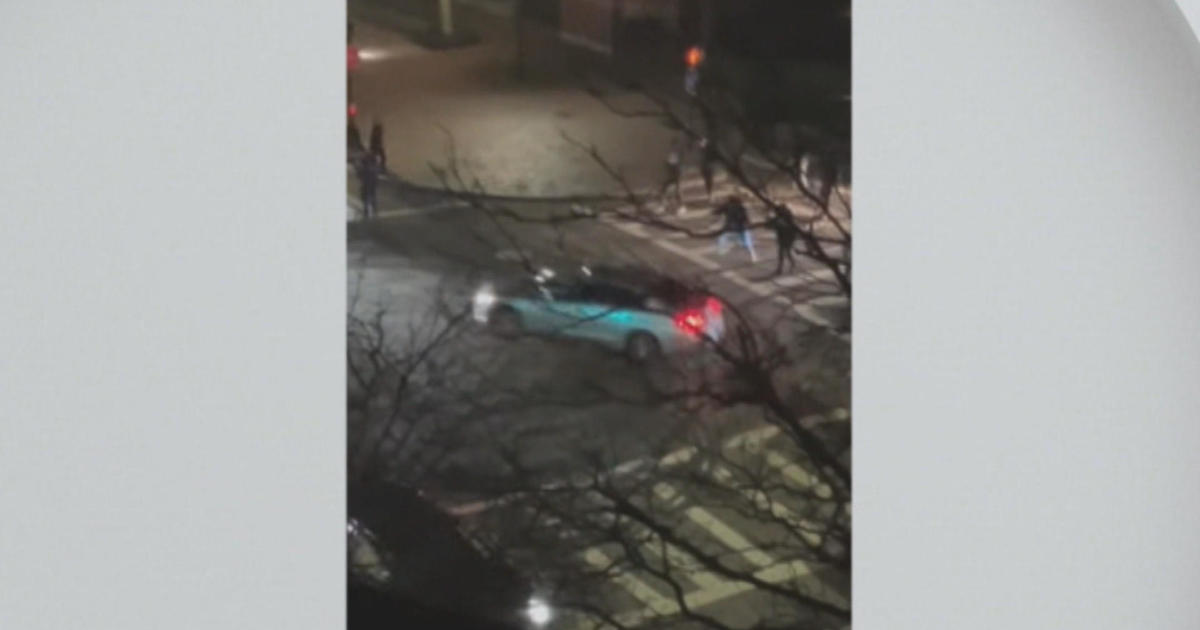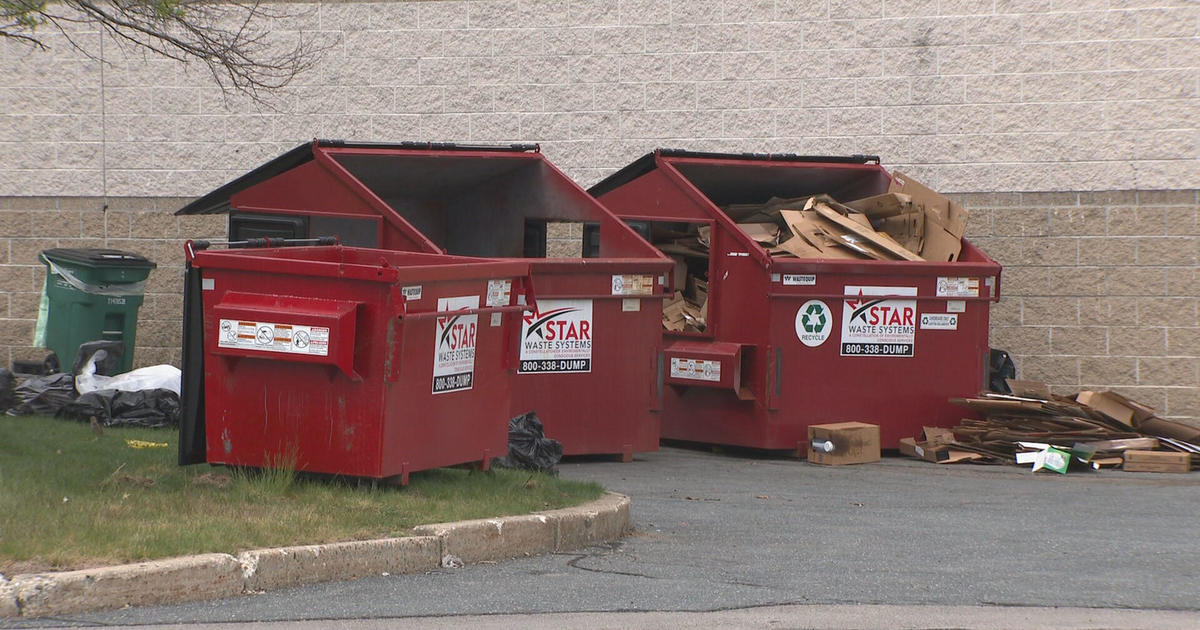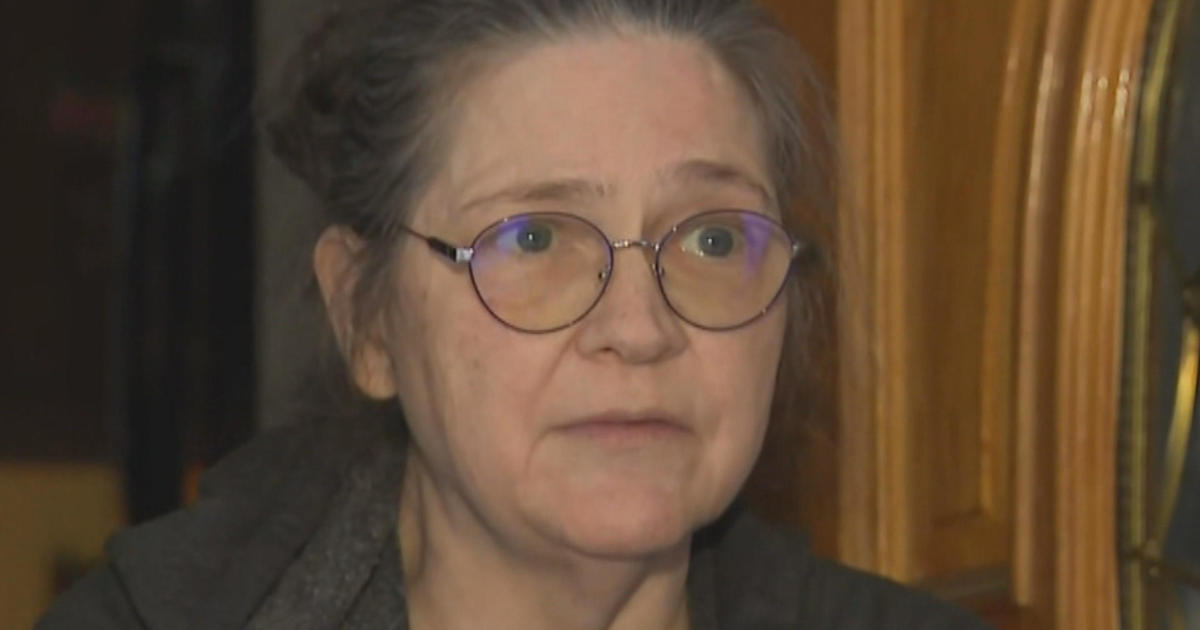I-Team: Thousands Of Mass. Students In Chemical Danger Zone
FALL RIVER (CBS) - Smoke stacks and hulking plants are part of the scenery here in Bristol County.
But even a lifelong resident like Mike Sylvia had no idea just how many dangerous chemicals are stored in his community and how close to where his seven year old daughter attends school.
"To see the size of Fall River and how many chemicals are stored in Fall River alone, was very upsetting," Sylvia said.
Mike's daughter is one of more than 40,000 Bristol County school children heading to class within the danger zone of a major chemical disaster, nearly half of all students.
That's according to a new report done by the Center for Effective Government.
"It brought me back to what happened in Texas with the fertilizer place," Sylvia recalled.
West, Texas is the most well known chemical catastrophe. But closer to home, Massachusetts residents will remember the 2006 Danvers explosion.
Professor Joel Tickner at UMass Lowell has been studying the risks of chemical disaster for decades and says there are a couple of major disasters every year.
"They're not as uncommon as you think," he told the I-Team.
At several Massachusetts facilities there are huge stockpiles of the most reactive chemicals in the world. The I-Team found those chemicals are not always handled as safely as they should be.
For example, Borden and Remington, a chemical producer in Fall River has 42,000 students within its vulnerability zone. Earlier this year the company was fined by the EPA and the reason is chilling.
Among other violations they were cited for "failing to prepare a risk management plan" for ammonia and chlorine. Also, fined for "storing incompatible chemicals so close together" that a release could trigger "a violent chemical reaction."
In Springfield the Indian Orchard Plant was fined nearly a million dollars while it was owned by Solutia for failing "to use suitable...leak detection instruments" and failing to "implement a...leak detection...program."
More than 36,000 students study within that plant's vulnerability zone.
Other water treatment facilities in the state have had more minor violations.
"If they're constantly violating EPA regulations, that probably means they don't have a very clear safety culture internal to the firm to be able to safely manage those chemicals," Tickner said.
For school leaders, the contents of this report were jaw dropping.
In Swansea, Gardner Elementary falls within the vulnerability zone of three separate facilities. "We need to make sure it's not something we're going to panic about. And feel comfortable in how we would react to the situation if it occurred," said Superintendent Robert Montiero. He told the I-Team he now plans to drill for this type of emergency.
And in Fall River Fire Chief Robert Vivieros has plans for the worst case scenarios. He reminds residents these facilities have been here for years without an incident.
"They are safe until something happens," he said. "Human error or mechanical failure is what causes these big problems. They're as safe as they can be."
Advocates for safer chemical policy have pushed for regulations that would require facilities to replace reactive chemicals with less dangerous alternatives whenever possible.
Tickner echoes that call.
As part of their settlements with the EPA, both Borden and Remington and Solutia's Indian Orchard Plant, which is now owned by Eastman, vowed to improve their chemical safety procedures.
MORE LOCAL NEWS FROM CBS BOSTON



